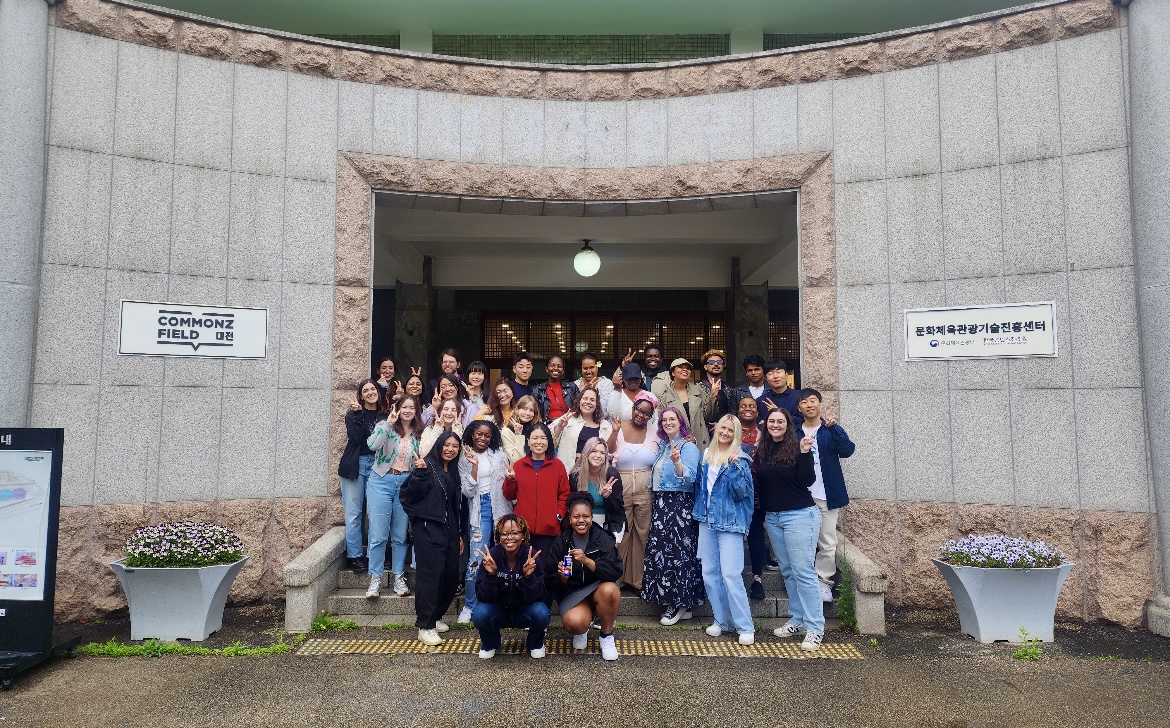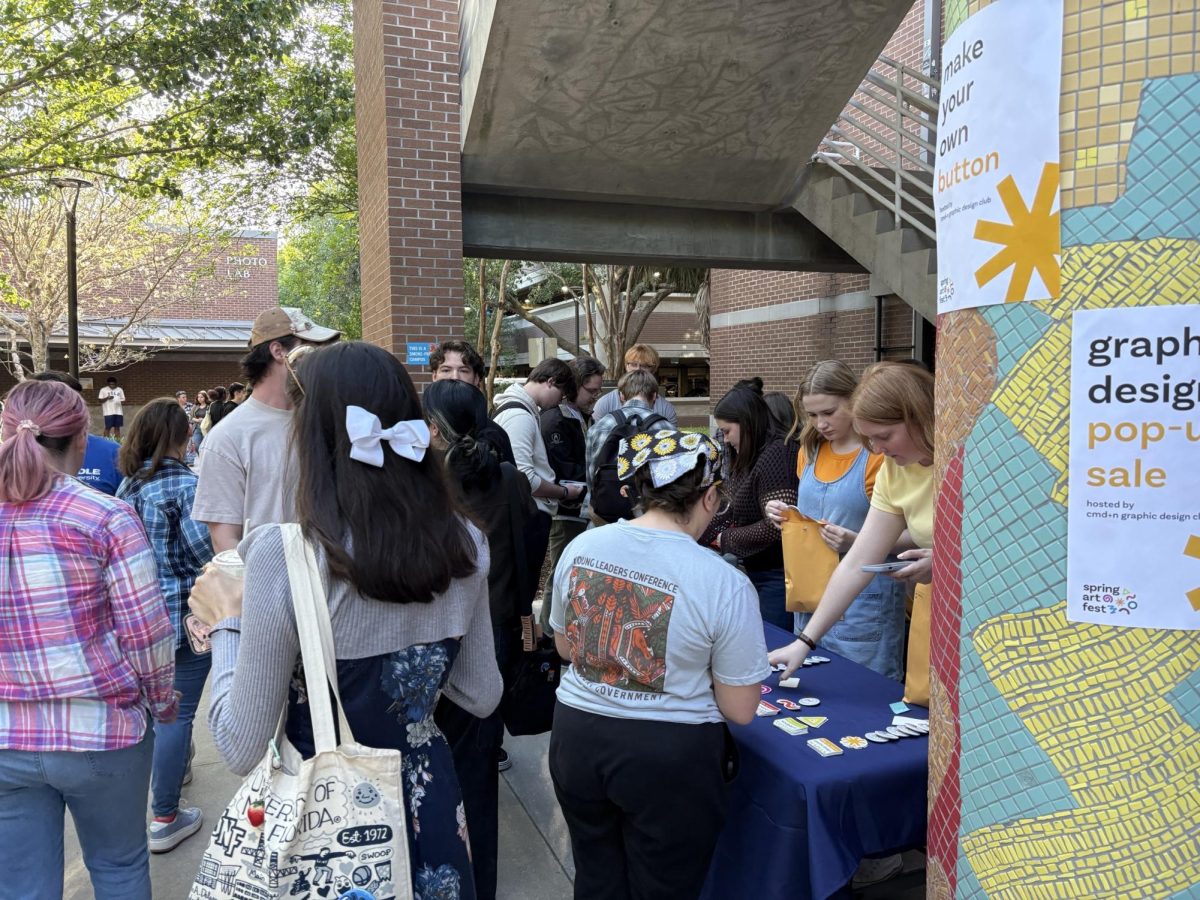What was once an international story has now changed everything about our way of life. Take a look at the timeline of the pandemic through a North Florida lens.
January 29 – The University of North Florida first acknowledges COVID-19 and provides tips for prevention, including washing your hands and staying home if you’re sick.
January 31 – Following in line with the U.S. State Department, UNF suspends all University-related trips to China for the remainder of the Spring 2020 semester.
March 10 – UNF announces that all study abroad programs will be cancelled until Summer 2020. Any international travel for faculty is cancelled until further notice.
March 12 – The Florida Department of Health finds the first confirmed case of COVID-19 in a Duval County resident. The person is an 83-year-old man.
Mach 13 – Mayor Lenny Curry enacts a state of emergency in Duval County.
March 15 – All Jacksonville parks, libraries and the Jacksonville Zoo close indefinitely.
March 17 – UNF and all other Florida Public Universities will remain closed and move to remote learning for the rest of the spring semester.
March 20 – The first city of Jacksonville COVID-19 drive-thru testing site opens in Duval County at the Prime Osborn Center. Mayor Curry announces the closures of all Duval beaches.
March 20 – A federally-sponsored drive-thru testing site at TIAA Bank Field opens. It is free to the public.
March 24 – Mayor Curry announces that anyone who can work from home must do so. UNF announces it will extend its remote learning into Summer 2020 sessions.
March 26 – The first case of COVID-19 makes its way to UNF. The university announces that an employee has a confirmed case of the virus and is remaining off campus.
March 29 – St. John’s County closes all its public beaches until further notice. The public is still able to use boat ramps, trails and parks.
March 30 – Duval County Public Schools will remain closed until May 1.
March 31 – Mayor Curry signs an executive order that prohibits all hotels or other lodging establishments from extending or accepting reservations for those who are considered non-essential. Essential lodgers include journalists, airline employees, healthcare professionals and anyone who temporarily cannot stay in their homes.
April 3 – The amount of deaths due to COVID-19 nationwide exceeds the number of people who died on September 11, 2001.
April 3 – Mayor Curry’s Safer at Home Executive Order is put into place. It says that people should stay home except for essential needs. Later in the day, Governor Ron DeSantis issued the same order for all of Florida. UNF moves to having only essential personnel on campus.
April 12 – There are more than 19,000 reported cases of COVID-19 in Florida, according to the Florida Department of Health. Over 1,000 of those cases are from the Jacksonville area, with 668 coming from Duval County. A total of 26 people have died from COVID-19 in the Jacksonville area.
April 17 – Jacksonville beaches reopen to the public. The beaches will only be open for certain hours of the day and beach goers may not participate in any group activities or lounging on the beach. Swimming, biking and running are allowed.
April 22 – UNF announces they will be honoring the UNF Class of 2020 with a virtual celebration of their graduation achievement. A makeup for the graduation ceremony hasn’t been planned yet.
April 24 – There are over 30,000 cases of COVID-19 in Florida. 950 cases are in Duval County.
__
For more information or news tips, or if you see an error in this story or have any compliments or concerns, contact editor@unfspinnaker.com.















